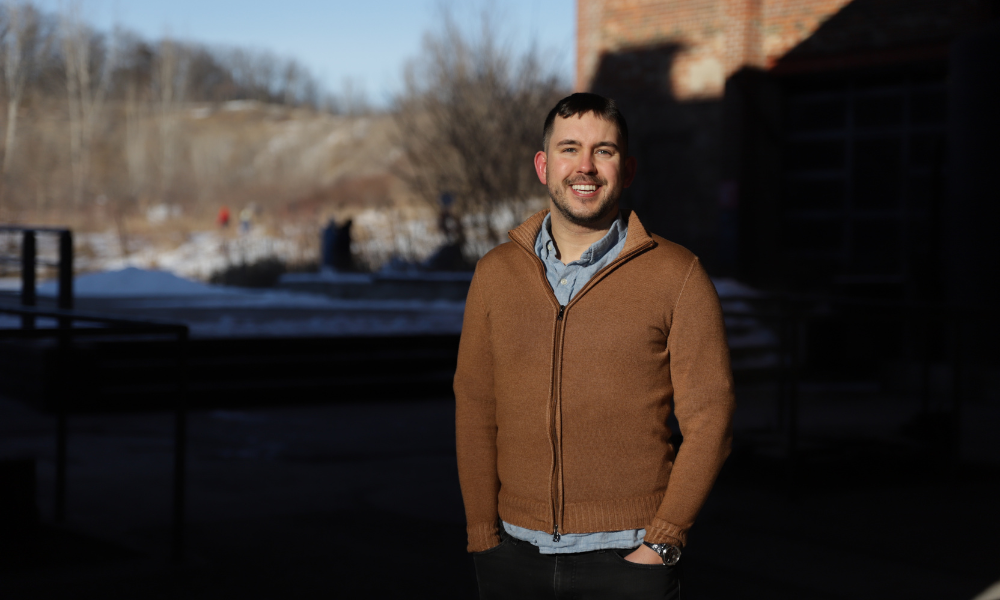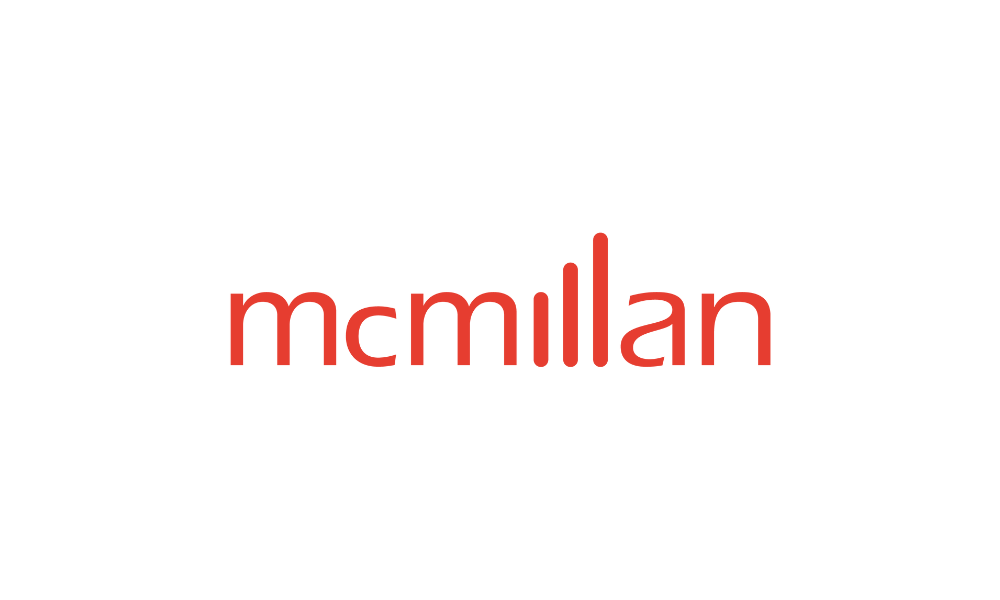Martin Banach is no stranger to navigating the legal complexities of municipal governance. As a solicitor in the City of Toronto’s municipal law group, he’s embedded in the daily operations of the Toronto Parking Authority (TPA), a role that places him at the intersection of public service and commercial enterprise. “I’m the dedicated counsel for the Toronto Parking Authority,” he explains. “It’s a unique organization because it has to walk a line between being a municipal public service and operating as a commercial entity, including running private parking lots.”
Banach’s responsibilities span governance, contract negotiation, and regulatory compliance. His past experiences – working as commercial counsel at Toronto Hydro and associate general counsel for Canada at Tilray Brands – have shaped his approach to municipal law. “One of the unique challenges about advising a public sector client is toggling between items that there’s absolutely no give on – whether questions of municipal authority, privacy legislation compliance, or certain contract clauses – and those that are more open to negotiation or interpretation,” he says.
Negotiating risk and innovation
In his role, Banach has dealt with contracts for advanced parking hardware and software systems, an area where municipal risk tolerance must be balanced against technological innovation. “The risk appetite and considerations of a municipal organization will inherently be different than those faced in the private sector,” he says. “The principles are the same as if I was advising any other client from a contractual point of view, but what makes it particularly unique is ensuring that the lines between public and private interests don’t get blurred.”
With the TPA at the forefront of urban innovation – expanding electric vehicle (EV) charging stations and enhancing Toronto’s bike-share program – Banach has developed a pragmatic approach to legal oversight. “I try to lead with ‘yes’ where possible, then add the necessary guardrails and cautions instead of starting with ‘no,’” he says. “It’s about building credibility so that when I have to present an unfavourable risk assessment, my client knows I’m acting in their best interest.”
This approach extends to AI and digital trends, which are increasingly relevant in municipal operations. “Everyone is interested in exploring the next big thing,” he says. “But in a municipal setting, there are legitimate concerns around privacy and cybersecurity. MFIPPA [the Municipal Freedom of Information and Protection of Privacy Act] compliance, for example, or the city’s policies on generative AI tools like ChatGPT – those are significant considerations.” Banach sees AI as a space where the city will likely follow rather than lead. “It’s not a big factor yet,” he admits. “Municipal privacy legislation makes widespread AI adoption challenging.”
The evolution of municipal legal counsel
Banach’s work at the TPA illustrates how legal counsel must evolve alongside new technology. “The TPA is at the forefront of mobility innovation at the city,” he says. “Bike Share Toronto is one of the most successful municipal bike-share systems in the world. EV charging infrastructure is expanding. Even the parking lots are being reimagined as mobility hubs. But the legal framework hasn’t necessarily caught up, so my job is to ensure compliance while keeping innovation moving.”
That often means working with bylaws and policies that weren’t designed for modern transportation needs. “You’re almost building the legal bridge as the client walks across it,” he says. “The city isn’t naturally risk-averse, but it does move more cautiously than the private sector. So, when the TPA comes to me with a big idea, I have to find a way to make it work within our legal constraints.”
Despite these challenges, Banach finds his role rewarding. “Being an in-house lawyer means being embedded in decision-making,” he says. “You’re not just providing legal opinions; you’re part of the conversation shaping how things get done.”
External counsel: a strategic relationship
While the City of Toronto has a robust in-house legal team, Banach occasionally collaborates with external counsel on specialized matters. “The city is effectively a large, full-service law firm that can handle nearly any legal issue,” he says. “Going externally is relatively rare, but in cases of particular complexity that require specialized skills, we bring in outside expertise.”
Value-driven procurement in the public sector makes these decisions even more deliberate. “When we look at external firms, we prioritize their willingness to learn the business and their attentiveness to budgetary constraints,” he says. “If an issue with an invoice is flagged or an alternative fee arrangement is proposed, is the firm receptive? That matters.”
He recalls a particularly successful collaboration where external counsel played a strategic role in contract negotiations. “I was leading the drafting, but we had an expert brought in for a specific issue,” he says. “On calls, I’d take the lead but tag them in for their section. It was a great experience – responsive, collaborative, and budget-conscious.”
Advice for aspiring in-house lawyers
For those considering a career in municipal law, Banach emphasizes the importance of adaptability. “There’s a lot more in common between private sector in-house roles and government than people might think,” he says. “If you’ve worked in a highly regulated industry – finance, cannabis, healthcare – many of the skills transfer. It’s about understanding governance, compliance, and how to navigate regulatory frameworks.”
He also stresses the value of seeing legal counsel as a strategic partner, not just a risk mitigator. “If you’re drawn to being embedded in decision-making if you like the idea of playing a legal-plus role – where you’re advising on law but also weighing in on PR, compliance, even reputation management – then in-house is a great fit,” he says.
Banach himself has always been open to new challenges, a mindset that has defined his career. “I’ve always flourished when I feel like I’m part of the success of the organization,” he says. “You’re not just a lawyer; you’re part of the team. And that’s what makes the work meaningful.”




